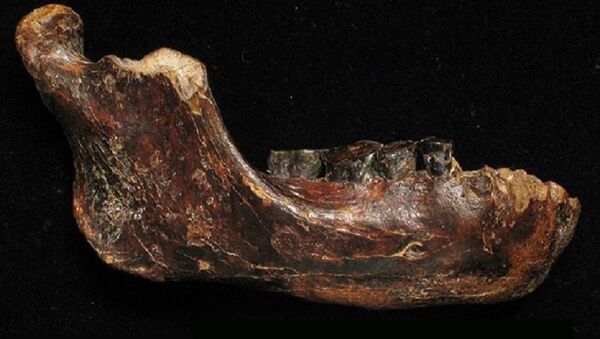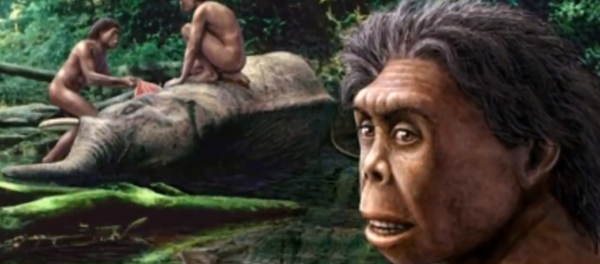Anthropologists have determined that that the Moroccan skulls, limb bones and teeth found in what once was a cave setting belonged to three adults, one adolescent and one child. From the fact that there were also bones of wild animals at the site, along with tools probably used as spearheads and knives, scientists assume the group led a hunter-gatherer lifestyle.
The findings are unprecedented not only because of their antiquity but also due to their unexpected location in North Africa. The find indicates a more complex narrative for the origin of humanity, probably involving the entire continent, with Homo sapiens by 300,000 years ago dispersed all over it.
"The message we would like to convey is that our species is much older than we thought and that it did not emerge in an Adamic way in a small ‘Garden of Eden' somewhere in East Africa." said paleoanthropologist Jean-Jacques Hublin of the Max Planck Institute for Evolutionary Anthropology in Germany. Hublin helped lead the work, the results of which were published in the journal Nature.
"There is no Garden of Eden in Africa, or if there is a Garden of Eden, it's Africa. The Garden of Eden is the size of Africa."



